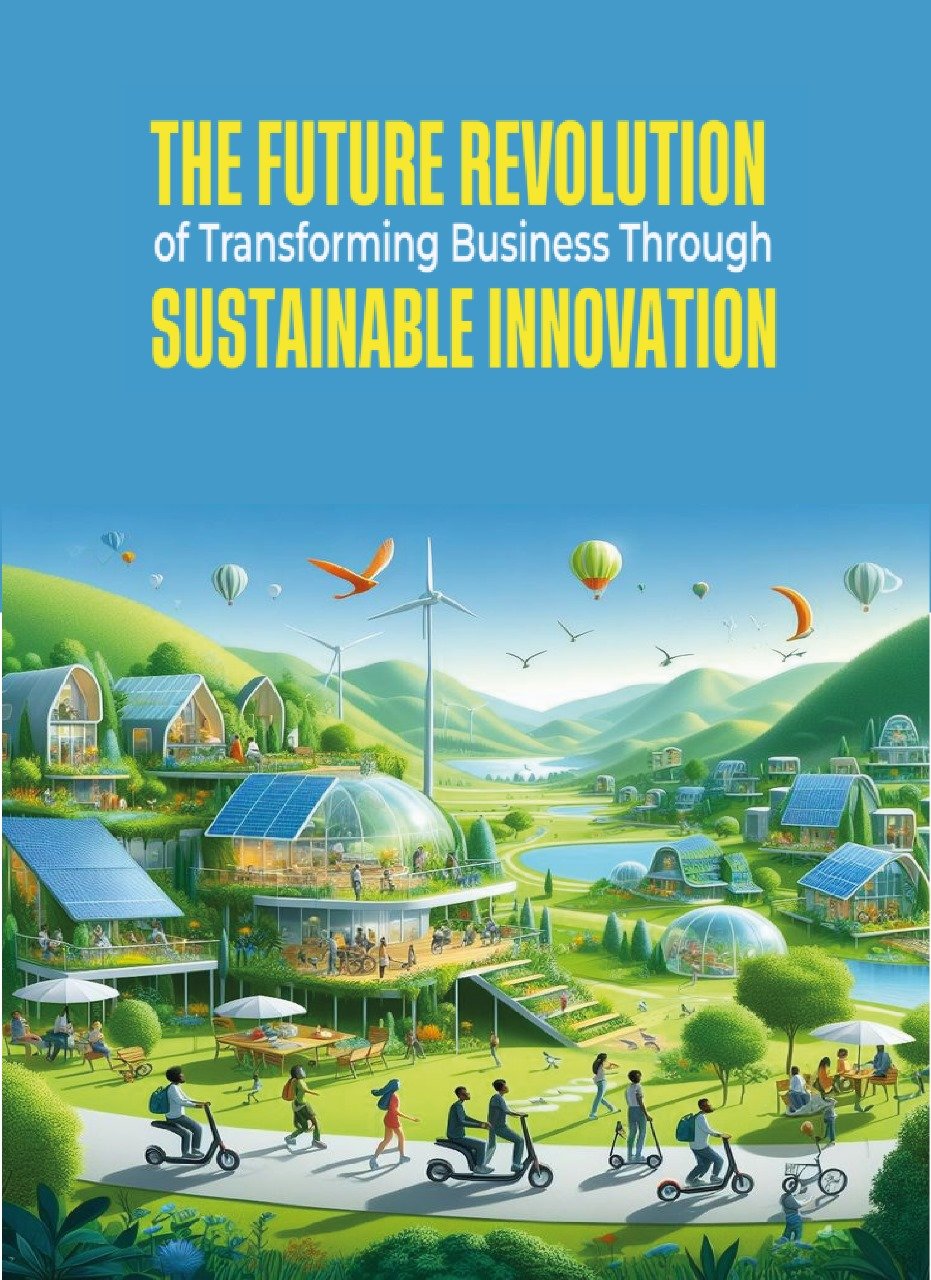
The Future Revolution of Transforming Business Through Sustainable Innovation
Authors: Istiaque Mahmud, Mesbah Uddin, Md. Firoz Hossain, Md Omar Farouk, Tahmina Ali Adrita, Nayem Roshan Jeet, Maniruzzaman Bhuiyan, Mohammad Iftekhar Ashik Imran
First Published: 28-04-2024
DOI: https://doi.org/10.63471/books/11
Category: Business Information Management
Copyright: © C5K Research Publication
E-Book
$9.99
Printed Book
$49.99
Pre-Order
- E-Book $5.99
- Printed Book $29.99
(PRE-ORDER)
Read a sample chapter


First Publish: 28-04-2024
Print ISBN: 978-1-967642-14-4
DOI: https://doi.org/10.63471/books/11
Dimensions: 22.9cm x 15.2cm x 2.5cm
Item Weight: 250 gm
The world is constantly changing, and businesses need to adapt as well. Now it is not a web,
sustainability is the cloth itself and you must make everything out of this material. The world over,
companies are finding that sustainability can be a proxy for eco-friendly technology and show the
path to environmental conservation too. For a company that used to sound like a pipe dream,
adaptations of this kind are close to becoming present reality and symbolize the future for
businesses — those who can sustainably grow with sustainable practices shall last.
In the years ahead, a revolution in how business operates and innovates is at work. Rising
from green energy to AI-based sustainable solutions, sustainability needs to be deeply rooted in
business models…the way industries breathe, across all sectors—be it healthcare or tech;
manufacturing, and agriculture. The Future Revolution of Transforming Business Through
Sustainable Innovation™ is the title of a book through which companies can also learn to become
leaders in innovation transformation. We will explore what these changes are, and how companies
can innovate more responsibly, consuming less refuse with scarce resources and modern
technologies created to establish a very sustainable future.
In Entropic, you will discover how to put AI, data science & industrial engineering to work
for your business while saving the planet in the process. Real Examples: we will cover actual
examples from the real world, ethical perspectives, and business-related challenges in moving to
a more sustainable business format. Ready to see if innovation can drive your business forward
and be sustainable? Well, we will dive into what the future of business looks like today.